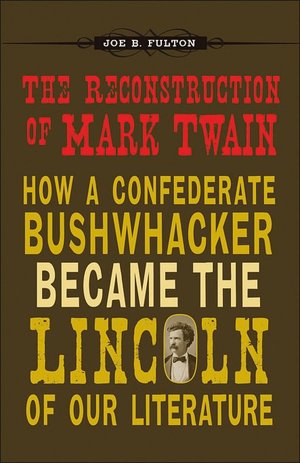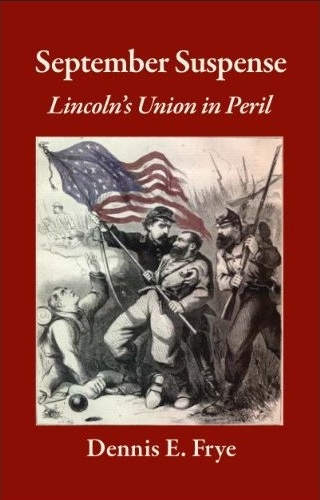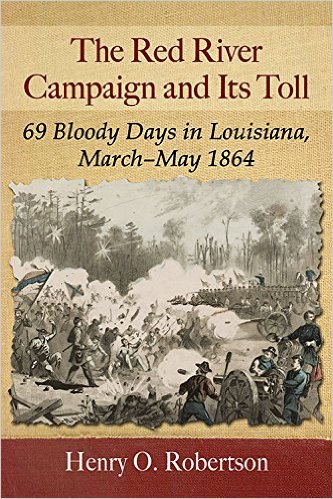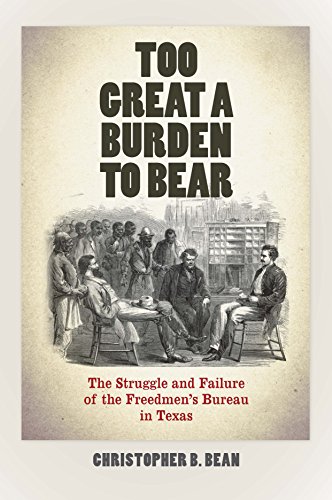As his title and subtitle suggest, Joe Fulton has constructed a conversion narrative for Mark Twain in which he manages to offer a variety of fresh insights into a life and body of work that has been chronicled and analyzed nearly as much as that of the other nineteenth century giant to whom Fulton compares him. He contends that most biographers of Twain have failed to take seriously his commitment to either slavery or the Confederacy, and in so doing, have minimized just how radically he came to rethink matters of race and national identity over the course of his career as a writer. Fulton insists that the transformation—while played out haltingly and often ambivalently—was a very real one, and traces the means by which Twain’s own reconstruction paralleled the far less complete reconstruction of the nation as a whole.
Fulton, an established Twain scholar, sees the border-state status of Samuel Clemens’ native Missouri as key to the dualities and contradictions in his shifting loyalties and values; yet he also makes clear that Clemens fully embraced the slaveholding ethos of his native Hannibal and Marion County. He grew up fully exposed to slavery; his father briefly owned several slaves and his uncle substantially more. As a Mississippi River pilot, Clemens witnessed slavery in more extreme venues in the Lower South, including slave markets in New Orleans. There is no evidence that any of this led Clemens to sympathize with their plight or to question their status as human property; he stated unequivocally that “slavery was right, righteous, sacred” (10). (Fulton compares Twain’s exposure to human trafficking in New Orleans slave markets to that of Lincoln a generation earlier, noting that the former seemed untroubled by what proved to be a transformative moment for the latter.)
Given that entrenched commitment to white supremacy, it was no surprise that with the outbreak of war, the 26-year-old Clemens enlisted in Confederate service, vacillating only as to what venue that service would take. In early June 1861, he opted to return to Hannibal and join the Marion Rangers, a local militia unit specifically organized for bushwhacking activity. He resigned two weeks later, an experience he recounted for comic effect in “The Private History of a Campaign That Failed,” published in 1885. Fulton argues that both Clemens’ fleeting military experience and his reminiscences of it a quarter century later reflected his disillusionment with the incivility and irrationality of war in general, and not a repudiation of the Confederate cause. It would take considerably longer for him to give up on the latter.
Clemens immediately headed west; he spent most of the war years in the newly established Nevada Territory and from mid-1864 on, in San Francisco. As a fledgling journalist, he honed his skills as both a humorist and a social critic. (He adopted the pen name Mark Twain early in 1863.) Fulton devotes a full chapter to each of those stints, tracing his use of satire, sketches, and political commentary as a reflection of Twain’s emerging social consciousness and his increasing skepticism of the war as waged by both sides, of government hypocrisy and corruption, and of other forms of elitism. He was not yet fully “reconstructed” when he went to Washington, D.C., early in 1866. It was in observing and commenting on the very process of governmental Reconstruction, and the impeachment of Andrew Johnson, that ultimately turned Twain into a “patriotic cynic” and political partisan who embraced Radical Republicanism, befriended President Grant, and came to invoke Lincoln as he championed civil rights and sharply condemned the nation’s imperialist impulses at the turn of the century.
His friend William Dean Howells called Twain “the most desouthernized southerner I ever met,” but Fulton maintains that his intimate connection with the South long served as the point of departure in his identity and his thinking. It was, in effect, “the crucial kernel in his criticism,” even as he increasingly came to serve as the nation’s conscience regarding racial tolerance (170). Howells went on to declare, on the occasion of Twain’s death in 1910, that “no man more perfectly sensed, and more entirely abhorred, slavery,” and concluded by calling him “the Lincoln of our literature” (177).
Fulton, in short, offers a complex and nuanced analysis of Twain’s “reconstruction” and draws on a wide range of his writings, both obscure and familiar, to make his case (though curiously, he gives very little attention to his two most prominent treatments of race—Huckleberry Finn [1885] and Pudd’n’head Wilson [1894]). This is not only a significant new take on Mark Twain and his significance as a public figure and political critic; it also provides new insights into the ambivalent legacy of the border state and western Civil War by viewing it through its impact on one of America’s most celebrated and enduring writers.
John C. Inscoe is the Albert W. Saye Professor and University Professor of History at the University of Georgia and the author of several books including Writing the South through the Self: Explorations in Southern Autobiography (2011).




